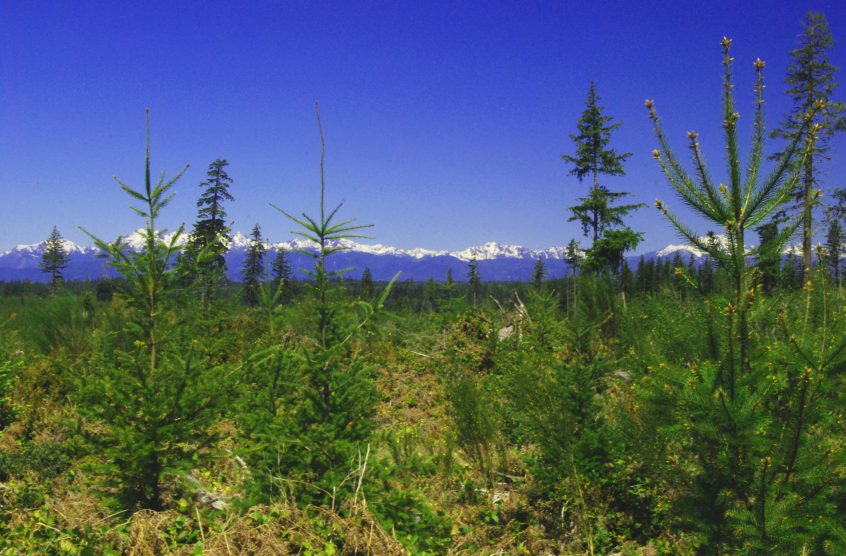CNBC reports this week that momentum is building in Congress for legislation to declare woody biomass as carbon neutral, which would help increase its use as a widespread source of renewable energy.
The momentum is growing not just in Washington, D.C..
Massachusetts Gov. Charlie Baker announced in August that his administration would move to designate fuel derived from felling trees and clearing brush in forests as renewable energy. In Arizona the state’s Public Service recently ordered to research forest bioenergy as part of its power portfolio. The biomass industry’s main trade group is part of a just-hatched PR and advertising blitz planned for later in September by an umbrella renewable-energy consortium that also includes wind and solar and has dubbed itself National Clean Energy Week.
Already biomass is in high demand around the world.
Today the market for biomass wood pellets is a global one. In Europe, for example, demand for wood pellets has skyrocketed to 19 million metric tons per year, as the EU — which supports the carbon-neutrality claim in its current clean energy package — attempts to move away from dependence on fossil fuels. In 2016 the United Kingdom and Belgium purchased a combined 4.5 million metric tons from the United States, or 96.6 percent of the country’s total wood-pellet exports.
Demand exists on a local level, too, says Carrie Annand, executive director of the Biomass Power Association. The BPA represents 80 stand-alone biomass power plants across the country, including plants run by Weyerhaeuser’s Plum Creek Timber, France-based utility EDFRenewable Energy, and Lockheed Martin, which through its Energy division, is involved in multiple, novel generation technologies, including biomass and ocean wave energy. Most of the biomass plants, usually located in rural areas with an existing farming or forestry industry, purchase the organic waste leftover from nearby operations, which Annand claims would otherwise be “left on the forest floor, burned in a flash pile or become fodder for a forest fire down the line.”
“Our members are infusing money into the local economy by buying these wastes that really don’t have another use,” Annand said. “In some areas out west, the forest service sees biomass power as an important outlet for dead and dying fibers.”
Any kind of demand for wood products is enormously helpful to the forestry industry, said (Dr. Puneet Dwivedi, a research professor at the University of Georgia,) whose home state of Georgia supports more than 115,000 forestry jobs. Bioenergy markets promote active forest management, which helps not only in providing employment opportunities, but also in improving environmental accountability and reducing chances of deforestation.
